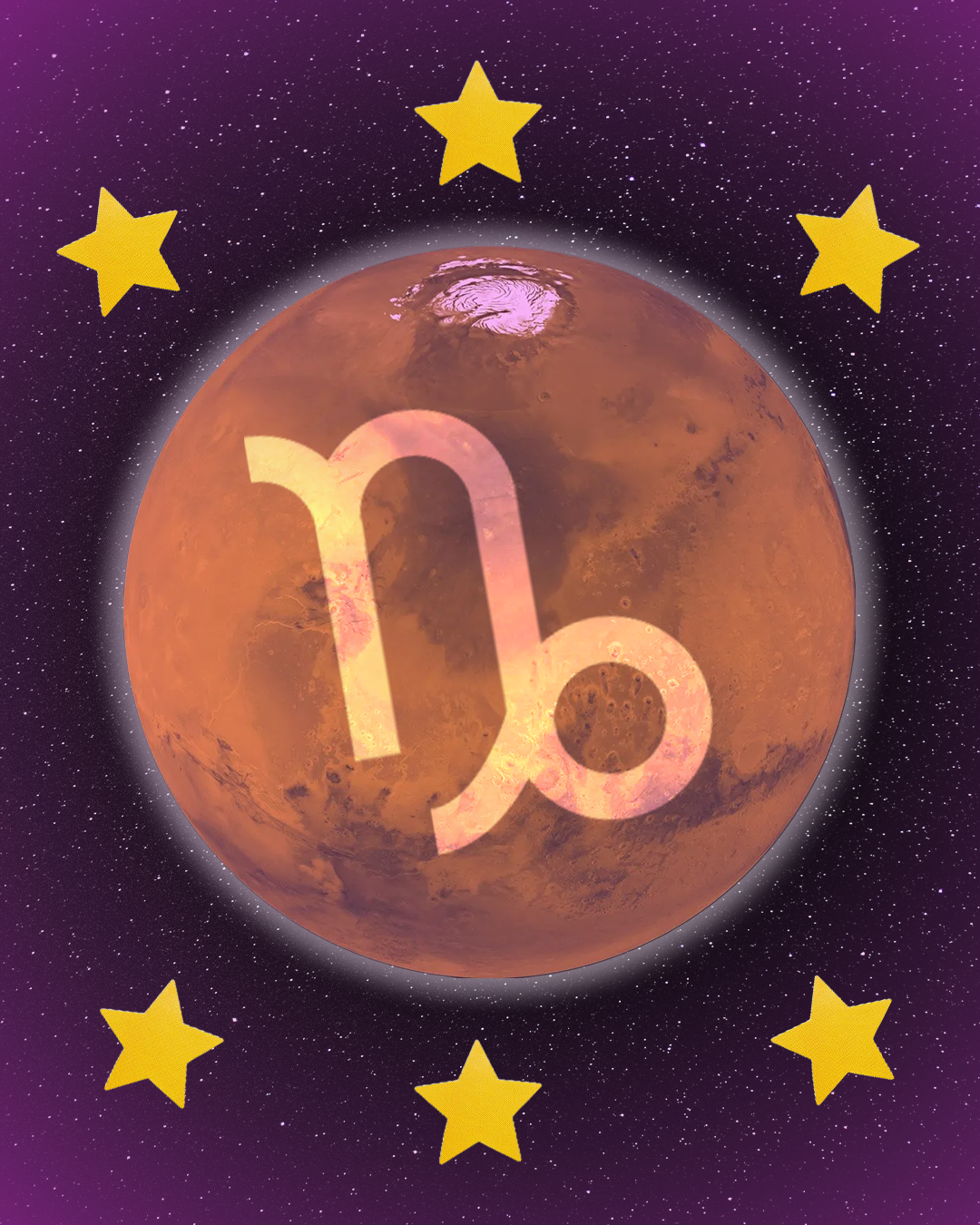
Do we not like famous families anymore? From Meghan Markle to Ferragnez, how our relationship with fame and authenticity is changing
Just a few weeks ago, Netflix released With love, Meghan, an eight-episode docuseries that promised to offer a glimpse into the daily life of the Duchess of Sussex, Meghan Markle, in California. Despite the potential for an intimate narrative blending cooking, personal conversations, and lifestyle, the final product has sparked more skepticism than enthusiasm.
Why Netflix's "With love, Meghan" Didn’t Win Over Viewers
One of the main criticisms stems from narrative choices that feel reductive and artificial. The decision to film the show in a borrowed house instead of the Sussex residence, for example, undermines the authenticity it aimed to convey. If the goal was to reveal the "real Meghan," why set everything in a blatantly artificial backdrop? Comparisons with other formats, such as Pamela’s Cooking with Love by Pamela Anderson, released in October 2024, further reinforce the impression that the project merely rehashes familiar formulas. The similarities in titles, promotional images, and family dynamics highlight an attempt to replicate existing models without introducing innovations.
@animatedkidsstories1 Part2 Meghan Markle’s Netflix Series Controversy#Meghan #Duchess_of_Sussex #princeharry #royalfamily #withlovemegahn #pamelascookingwithlove #pamelaanderson #controversy original sound - Animated Stories
Is the Fascination with Meghan Markle Fading?
Meghan Markle has always sparked divided opinions. On one hand, she advocates for sustainability; on the other, she frequently uses private jets. This contradiction has significantly impacted her image, as have allegations of bullying towards Kensington Palace staff. As a result, it seems as though every move is calculated, every statement carefully measured. Her media persona, shaped by strategic communication and statements that sometimes contradict each other, raises the question: how well can we distinguish reality from narrative when it comes to celebrities? In a world where authenticity feels increasingly like a manufactured illusion, is it possible to maintain true consistency, or is everything just part of a strategy?
@taylorgraysen With Love, Meghan Actually Duchess of Sussex now #meghanmarkle #withlovemeghan #netflix #meghanandharry original sound - Taylor Owen
A prime example is her childhood narrative, which often serves as the foundation of a public figure’s identity. Meghan seems to play with this aspect skillfully, adjusting details depending on the context. In one interview, she described a childhood of fast food and TV marathons, while in other instances, she spoke of a health-conscious upbringing. The topic resurfaces in her show when she enthusiastically lists her favorite fast food spots.
Does the Public Still Love Famous Families?
Famous families, from royal dynasties to modern icons like the Ferragnez and the Kardashians, have always captivated audiences. However, there is now a growing demand for more authentic stories that showcase vulnerability and humanity. Documentaries about figures like Lady Diana, which explore her fragility, continue to stir deep emotions, while more recent projects like Harry & Meghan have seen a drastic decline in interest. According to Statista, the first episode reached 1.3 million views, but by the last episode, this number had dropped to just 616,000.
A Reflection on the Future of Celebrity Narratives and Authenticity
Fame is constantly evolving, and society is more aware than ever of the mechanisms behind public personas. The case of Meghan Markle’s Netflix series is just one example of how the old game of "appearing" or "presenting" a perfect image no longer works. Thanks to social media, audiences now have the maturity and tools to analyze what they see, making it harder to convince them to engage with scripted and overly curated content. In an era where every action is captured, filtered, and shared, authenticity is no longer just an ideal but a necessity. A celebrity's ability to maintain a genuine connection with the public is crucial for staying relevant. Fame is shifting toward transparency and relatability.
While a 10-second Instagram story can easily be curated for maximum impact, longer formats, which require a greater time investment from viewers, make it harder to mask inconsistencies and a lack of authenticity. This might actually be a good thing, as it could help filter out inauthentic PR-driven attempts like With love, Meghan. Today, audiences seek a more unfiltered dialogue. Ultimately, the real challenge for celebrities isn’t just "what story do you tell?" but rather, "what story are you willing to share, with all its contradictions and imperfections?" It is only through this vulnerability that a genuine connection can be forged—one that withstands the erosion of time and the superficiality of media consumption.


















































